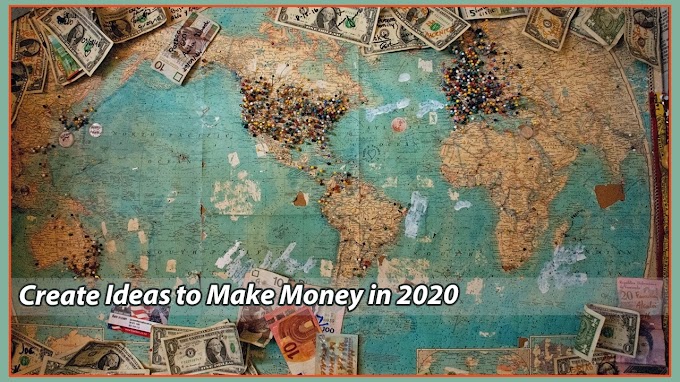What is Social Media?
Social media is the application of mobile web-based technologies to turn communication into a two-way dialogue. Social media is a medium for social interaction that uses highly accessible and scalable communication techniques.
Social media in business may be described as "Consumer-Generated Media" (CGM).
A common denominator that unites all of these definitions is the mix of technology and social interaction to create collective value.
Familiarity with the history of Internet social networks / Familiarity with the rules of social media for news organizations /
social media; Friend or book competitor? / Social media and audience engagement / Media, social prevention tools / The role of the media in representing social violence / Media play the role of observers by reflecting social harms / Media in the service of development / Communication with the media Video / Media Economics and Press Revenue Solutions / Authorization and Social Media /
Differences with industrial media
People receive information, education, news, and the like through electronic and print media. Social media is different from traditional or industrial media such as newspapers, television, and film.
They are relatively inexpensive and available to anyone (including individuals) who have access to or disseminate information, while industrial media generally require significant resources to disseminate information.
A common feature of social media and industrial media is their ability to reach a small or large audience; For example, a blog post or a TV show may not be seen by anyone or viewed by millions.
Here are some of the features that help you differentiate between social media and industrial media:
1- Reach:
Social media and industrial media technology both provide access to access and can reach global audiences. But industrial media typically uses a centralized organizational network to organize, produce, and disseminate, while social media is inherently more decentralized and less hierarchical and is characterized by multiple points of production and consumption.
2- Accessibility:
Manufacturing equipment for industrial media is typically available to the government and/or private companies; Social media is available to the public for free or for a small fee.
3- Usability:
The production of industrial media typically requires specific skills and training. In contrast, most social media productions do not require specific skills and training, or only retrieval of existing skills; Theoretically, anyone with access to the Internet can use social media production tools.
4- Immediacy:
The delay in communication between the materials produced on social media may be long (days, weeks, or even months), while on social media there may be almost immediate responses; Only contributors determine the delay in response).
Or industrial media have begun to adopt aspects of production that are typically done with social media tools, so this feature may lose its distinguishing feature between the two types of media over time.
5- Permanence:
Industrial media production can no longer be changed when it is created (when an article in a magazine is published and distributed, it can no longer be changed), while social media production can be changed almost immediately by commenting or editing. Changed.









0 Comments
Please do not enter any spam link in the comment box. (Bravo Creative Media)